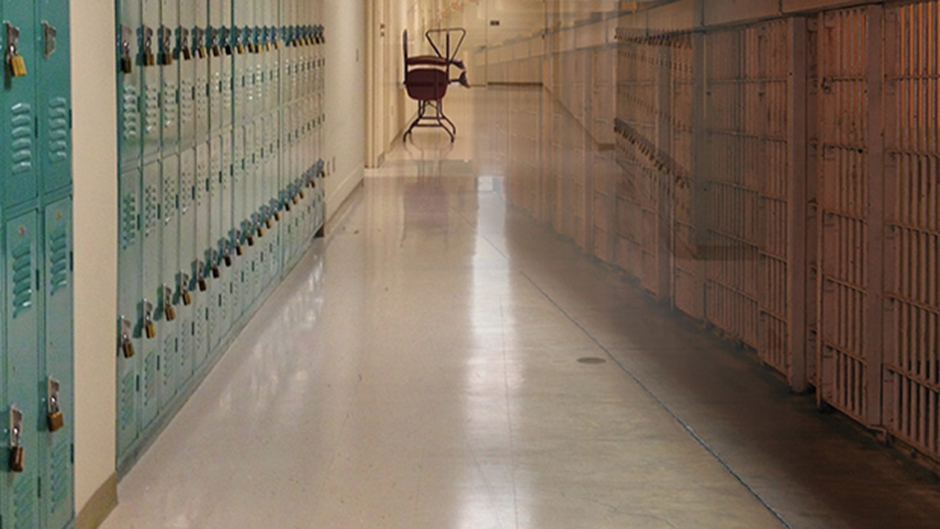CORAL GABLES, Fla. (February 14, 2017) – The University of Miami School of Law’s Race & Social Justice Law Review’s annual symposium is titled, “Plugging the School-to-Prison Pipeline: Restoration Justice as an Alternative to Punitive Disciplinary School Policies.” The conference is being held on March 3, from 5:00 p.m. until 8:00 p.m. at the law school.
As a large number of schools nationwide still enforce suspensions and other zero-tolerance policies – that push students out of the classroom and toward the path to prison – many activists and scholars are searching for alternatives. One of these alternatives is restorative justice. The efforts of groups like the Florida NAACP, Power U, PACT, and the Miami-Dade School System have made some significant, positive changes to its Code of Student Conduct; however, many schools have yet to see full implementation of vital restorative justice practices.
The panel discussion will focus on zero-tolerance school policies and its disproportionate and negative effects on student body minorities and will also explore the implementation of effective restorative justice strategies as an alternative to punitive disciplinary policies and procedures in schools across the United States, looking specifically at those practices already in effect and their results. Uniquely, the panel will also discuss using restorative justice to respond to the youth commission of sexual harm.
Panelists include two speakers from the Alameda Count, California-based Restorative Justice Project, sujatha baliga, vice president and director; and nuri nusrat, a Soros Fellow. Joining them, from Eastern Mennonite University are Kathy Evans, assistant professor of education, and Johonna Turner, assistant professor of Restorative Justice and Peacebuilding. Thalia Gonzalez, an associate professor from Occidental College and a visiting researcher at Georgetown University Law Center, will also be on the panel.
The event, sponsored by LAFAC, will be held at The University of Miami School of Law, Room E352, 1311 Miller Drive, on the Coral Gables campus. Parking is available throughout the campus. It is free and open to the public, with registration, and will be followed by a reception. Three general CLE credits are pending approval with The Florida Bar and available at no cost to registered attendees.
Scholarship from the event will be published in Volume 7 of the University of Miami Race & Social Justice Law Review.
The University of Miami’s mission is to educate and nurture students, to create knowledge, and to provide service to our community and beyond. Committed to excellence and proud of the diversity of our University family, we strive to develop future leaders of our nation and the world. www.miami.edu
The University of Miami School of Law’s mission is to foster the intellectual discipline, creativity, and critical skills that will prepare its graduates for the highest standards of professional competence in the practice of law in a global environment subject to continual ― and not always predictable ― transformation; to cultivate a broad range of legal and interdisciplinary scholarship that, working at the cutting edge of its field, enhances the development of law and legal doctrine, and deepens society’s understanding of law and its role in society; and to fulfill the legal profession’s historic duty to promote the interests of justice. www.law.miami.edu

